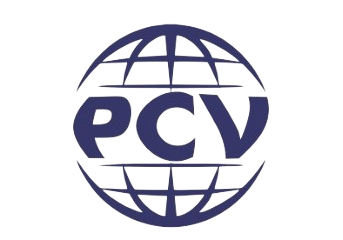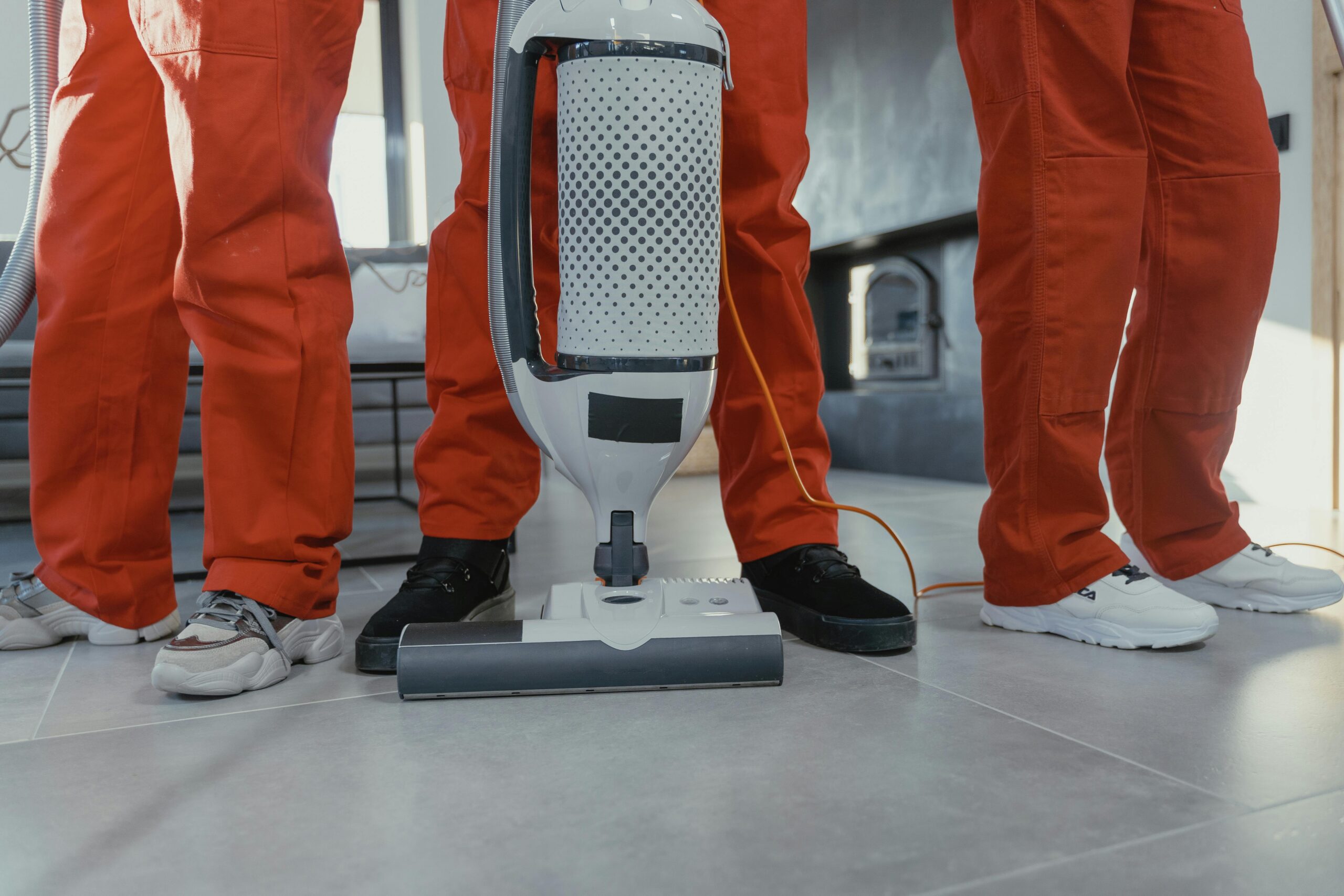Call us: 08150887836
In the cleaning industry, well-trained staff are the backbone of any successful business. Investing in comprehensive training programs for your cleaning personnel not only ensures high-quality service but also fosters a safer and more efficient working environment. This article delves into the numerous benefits of training your cleaning staff and offers actionable insights for implementing effective training programs.
1. Ensuring High-Quality Service
Quality is paramount in the cleaning industry. Clients expect immaculate results, and only trained staff can consistently meet these expectations. Training programs should cover:
- Cleaning Techniques: Proper use of cleaning tools and chemicals for different surfaces and environments.
- Attention to Detail: Identifying and addressing commonly overlooked areas.
- Time Management: Efficiently completing tasks within allocated time frames.
Studies have shown that well-trained employees are more likely to provide superior service, leading to increased client satisfaction and retention (Smith & Jones, 2020).
2. Promoting Safety and Compliance
The cleaning industry involves working with potentially hazardous chemicals and equipment. Comprehensive training ensures that staff are aware of safety protocols and compliance requirements:
- Chemical Handling: Proper use, storage, and disposal of cleaning agents to prevent accidents and health hazards.
- Equipment Use: Safe operation of machinery like vacuums, buffers, and pressure washers.
- Health and Safety Regulations: Adherence to OSHA guidelines and other relevant safety standards.
A report by the National Institute for Occupational Safety and Health (NIOSH) emphasizes the importance of training in reducing workplace injuries and ensuring compliance with health regulations (NIOSH, 2019).
3. Enhancing Efficiency and Productivity
Training helps employees perform their tasks more efficiently, reducing time wastage and increasing productivity. Key areas include:
- Standard Operating Procedures (SOPs): Streamlining processes for consistency and efficiency.
- Problem-Solving Skills: Empowering staff to handle unexpected challenges effectively.
- Use of Technology: Training on new cleaning technologies and software for better management and execution of tasks.
Efficient training programs can lead to significant improvements in operational efficiency, as highlighted by the Cleaning Management Institute (CMI) in their recent studies (CMI, 2021).
4. Boosting Employee Morale and Retention
Investing in your employees’ development demonstrates that you value their contribution, which can boost morale and reduce turnover. Benefits include:
- Career Development: Opportunities for advancement and skill enhancement.
- Job Satisfaction: Increased confidence and competence in their roles.
- Recognition and Rewards: Acknowledging and rewarding employees’ efforts and achievements.
Research by the Society for Human Resource Management (SHRM) indicates that companies with robust training programs have higher employee satisfaction and retention rates (SHRM, 2022).
5. Improving Client Relationships and Business Reputation
Trained staff are not only more competent but also more professional, which positively impacts client relationships and your business’s reputation:
- Professionalism: Polite, respectful, and professional interactions with clients.
- Consistency: Reliable and consistent service quality.
- Trustworthiness: Building client trust through knowledgeable and skilled staff.
Clients are more likely to recommend your services if they consistently receive high-quality, professional service, thereby enhancing your business’s reputation and client base.
Implementing Effective Training Programs
To reap the benefits of a well-trained cleaning team, consider the following steps:
- Develop a Comprehensive Training Plan: Cover all aspects of cleaning, safety, and customer service.
- Utilize Experienced Trainers: Engage professionals with extensive knowledge and practical experience.
- Incorporate Hands-On Training: Practical sessions to reinforce theoretical knowledge.
- Regular Refresher Courses: Keep staff updated on new techniques and industry standards.
- Evaluate and Improve: Continuously assess the effectiveness of your training programs and make necessary adjustments.
Training your cleaning staff is an investment that pays off in numerous ways—from enhancing service quality and safety to boosting efficiency and employee morale. By prioritizing training, you not only improve your business operations but also build a reputable brand that clients trust.
Book an Appointment
Ready to elevate your cleaning business? Book an appointment with our cleaning consultant or training academy today to learn how we can help you implement effective training programs for your staff.


